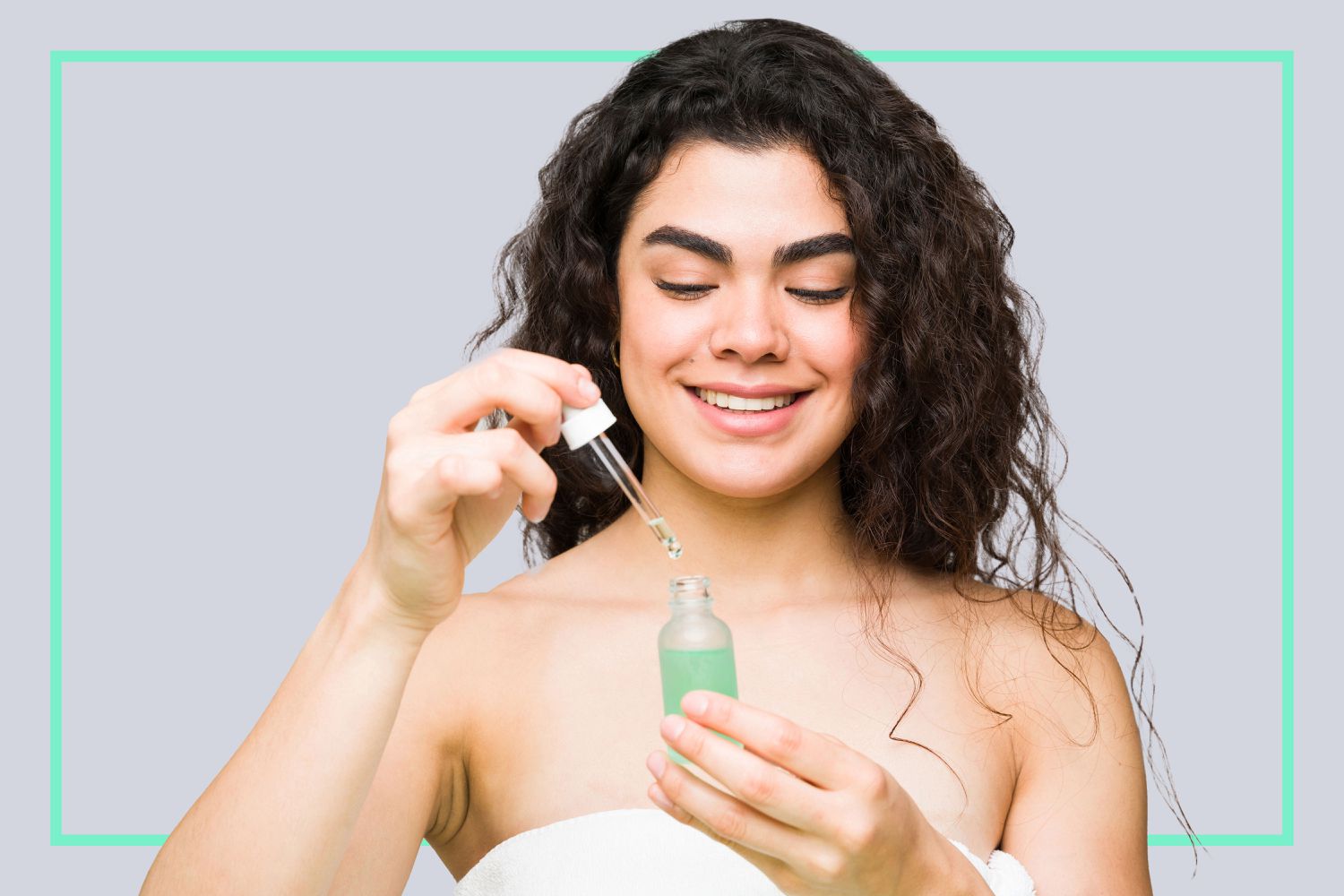The Advantages of Hyaluronic Acid for Skin

Hyaluronic acid has carved a niche in skincare, enjoying enormous popularity with dermatologists who hail it as an essential for virtually everyone, regardless of their age, skin type, skin problems, or whether they're pregnant. The inherent power of hyaluronic acid lies in its role as a super hydrator, and its potential to refine skin texture, fight acne, and facilitate the skin’s healing process. It has immense benefits for individuals struggling with dehydrated, dry skin and those seeking to delay the signs of aging.
Trusting us to endorse hyaluronic acid as a crucial element for your skincare routine is one option, or you could consider the advice from three board-certified dermatologists we have consulted. They shared insider tips about how hyaluronic acid works and how it could be included in your skincare regimen, as well as which products to opt for.
Nature endows the skin with hyaluronic acid to battle dehydration. Yet, with age, the synthesis of this vital molecule diminishes, making it prudent to replenish it using a topical cream or lotion. Howard Sobel, M.D., a board-certified cosmetic dermatologist, describes hyaluronic acid as an excellent hydrating agent that “holds up to one thousand times its weight in water,” a fact that he finds fascinating. “The skin retains smoothness and proper hydration as the water molecules amalgamate with collagen in your skin,” adds Dr. Sobel.
Elucidating the interaction of collagen with hyaluronic acid, Serena Mraz, M.D., a board-certified dermatologist at Solano Dermatology and Associates, highlights how these components work collectively to give the skin a nourished, supple, and resilient appearance. “Collagen offers structural support to our skin, while elastin and hyaluronic acid make it elastic. Hyaluronic acid also lends a glow to the skin, making it look fresh and radiant,” says Dr. Mraz.
Hyaluronic acid is renowned for numerous impressive skin benefits. Apart from being a superb humectant, it plays several other major roles.
Countering skin dryness is the primary reason to add hyaluronic acid to your skincare routine. “With massive hydrating qualities, hyaluronic acid is particularly valuable for dry skin,” says Kautilya Shaurya, M.D., a board-certified dermatologist at Schweiger Dermatology Group in New York City. “It replenishes skin moisture and reduces associated problems of skin tightness or flaking.”
Hyaluronic acid stands out among other efficient humectants usually used in skincare like glycerin or peptides. Dr. Mraz says, “Hyaluronic acid is a strong humectant that excellently locks in skin moisture, better than any other natural molecule. It enables the skin to hold over one thousand times its weight in water.”
As per Dr. Shaurya, hyaluronic acid isn't known to combat acne directly, yet it is instrumental in supporting acne-specific skincare routines. Dr. Mraz comments, “Contrary to the belief that acne treatment should chiefly employ substances that dry the skin and combat oiliness, hyaluronic acid is pivotal in acne treatment. Not only does it counter the irritation caused by typically prescribed harsh substances like tretinoin or other retinoids, it also exhibits direct benefits like reducing inflammation, skin repair, and potentially even attenuating oil production signals by proper hydration.” Thus, it can be an effective preventive treatment for breakouts.
With our body’s production of hyaluronic acid reducing from our mid-twenties, it is vital in anti-aging skin care routines. It helps even skin texture, which also means tackling visible signs of skin aging. “By keeping the skin well-hydrated, hyaluronic acid diminishes the visibility of fine lines and wrinkles,” claims Dr. Shaurya. He further describes its role in enhancing skin texture and quality as it bestows a supple, smooth appearance.
Problems like acne scars or skin irritation can be effectively handled with hyaluronic acid, courtesy of its anti-inflammatory properties. Dr. Shaurya adds, “It bolsters the skin's healing and repair mechanism, potentially reducing wound healing time and redness." Research has documented hyaluronic acid's active role in facilitating wound healing and tissue regeneration.
However, there are various factors to contemplate while buying a hyaluronic acid product.
As per these experts, even beneficial ingredients like hyaluronic acid could cause more harm than good with excessive usage. Dr. Mraz supports this view, stipulating that “Given its power to encase water in the skin, concentrations of hyaluronic acid below 2% are ideal. Overly concentrated formulas could trigger an adverse inflammatory response."
Try to check the ingredient list where possible: The expert recommends opting for a product that contains “pure and low molecular weight hyaluronic acid as well as ingredients to help with the penetration of hyaluronic acid into the skin and ingredients to upregulate the skin’s natural production of hyaluronic acid.” She says to look for organic silicium and taurine to complement the hyaluronic acid.
Dr. Sobel puts it simply: “Everyone should try to incorporate a hyaluronic acid serum or cream into their skincare regime and use it at least once a day.”
For use in your daily skincare routine, Dr. Mraz recommends using one or two products that contain hyaluronic acid together, such as, for instance, a serum followed by a sunscreen. Dr. Shaurya agrees but cautions that using more than two products containing hyaluronic acid will probably not enhance the ingredient’s benefits, so you’re better off combining them with products that contain ingredients with complementary properties, such as retinoids or antioxidants, for instance.




